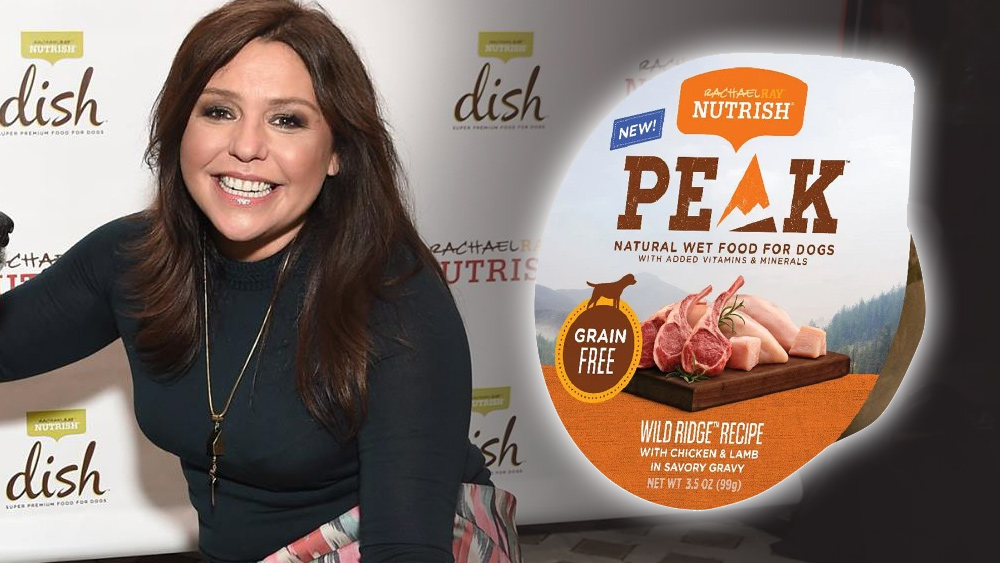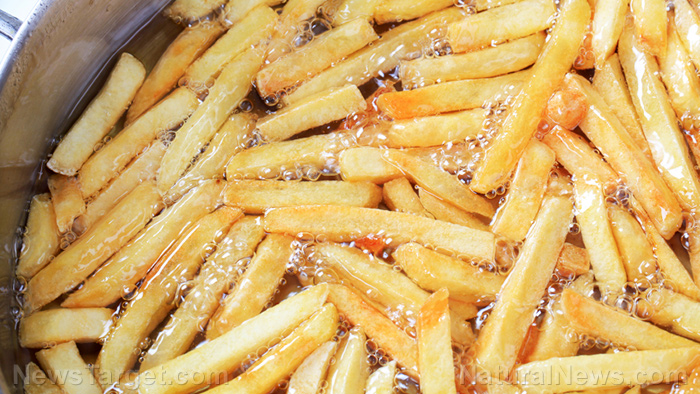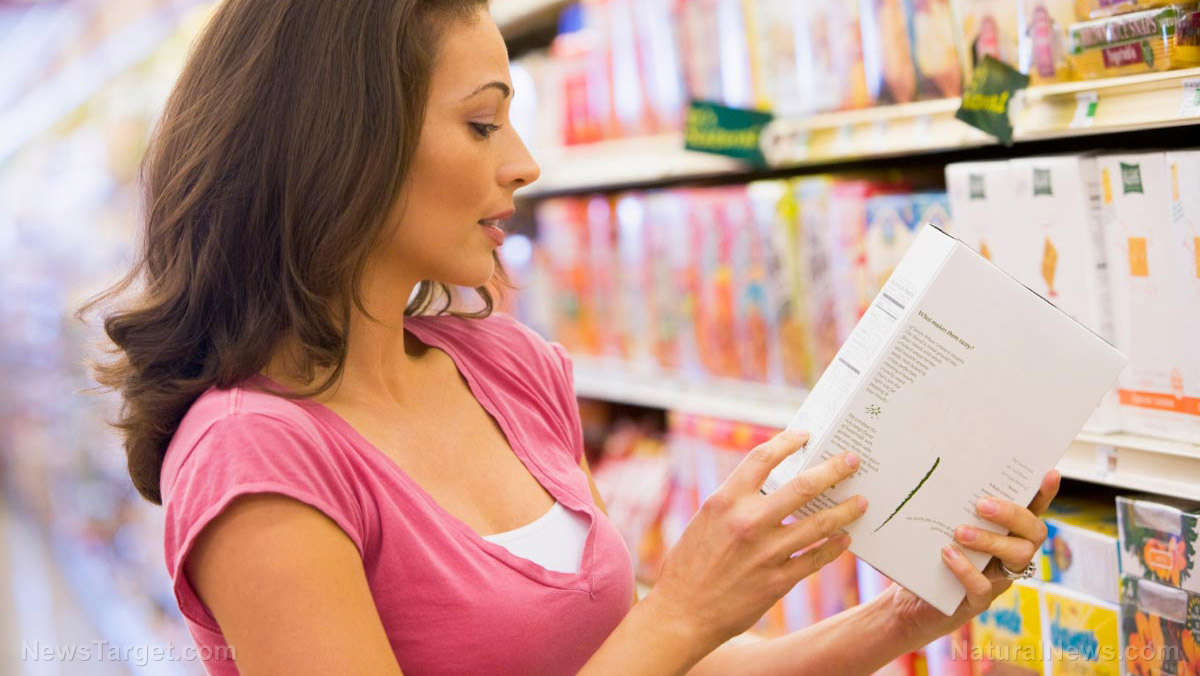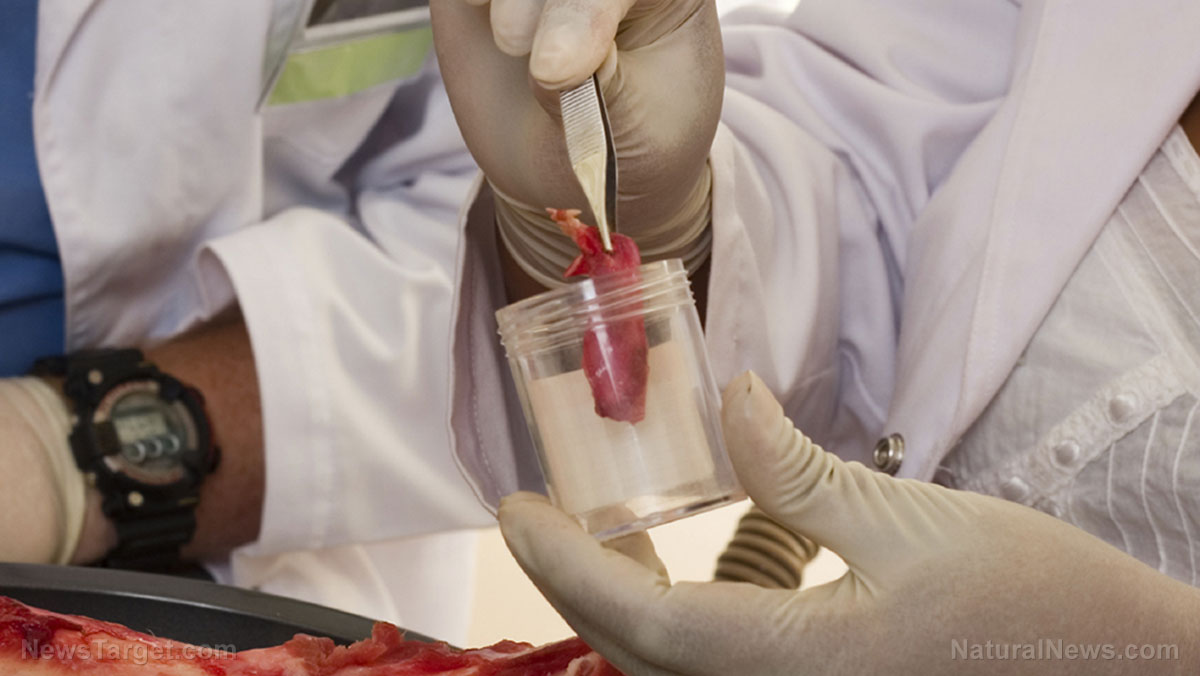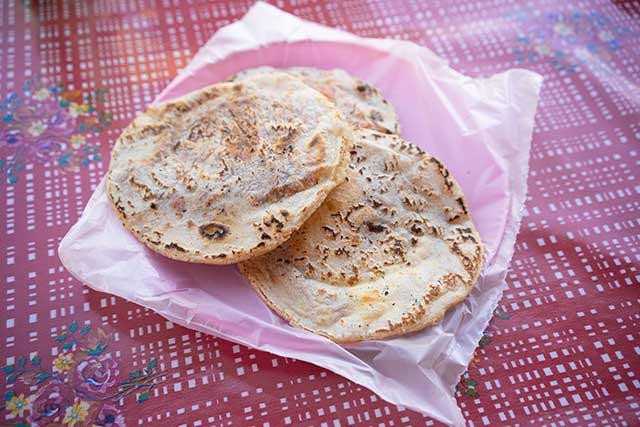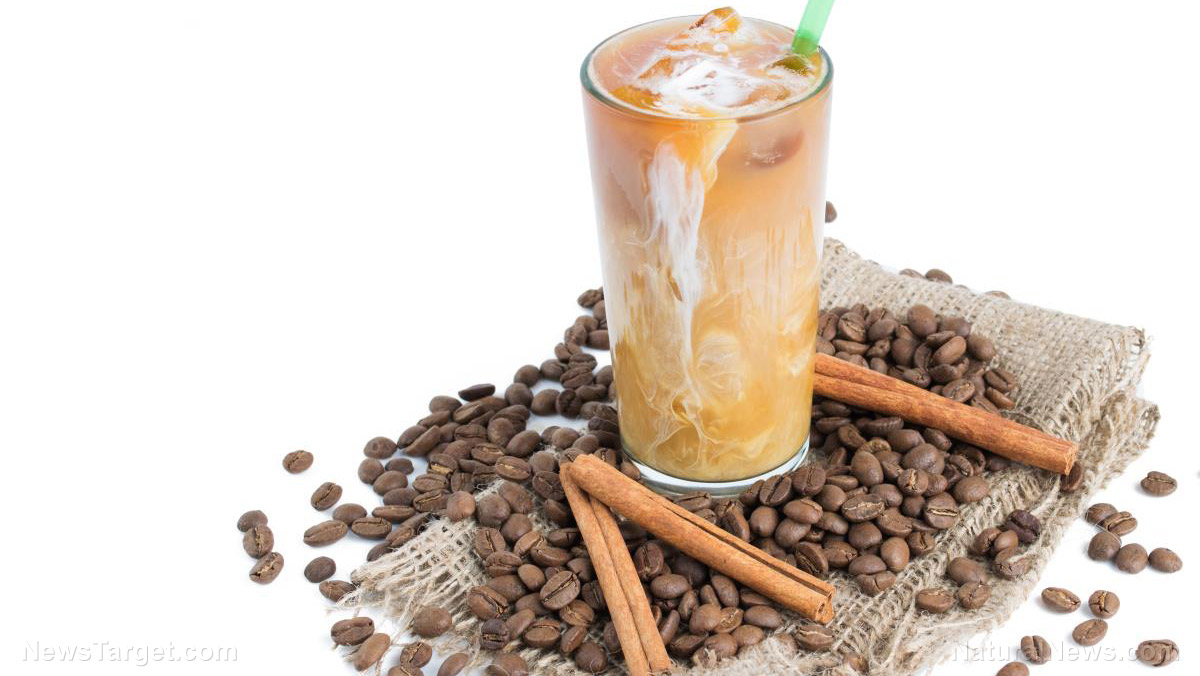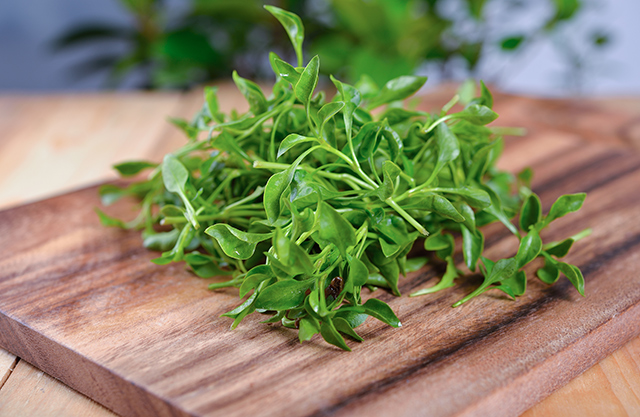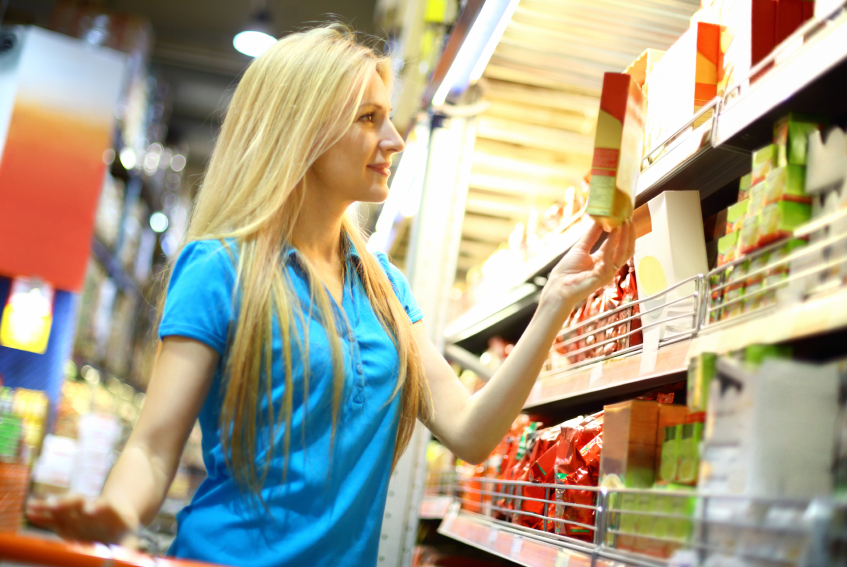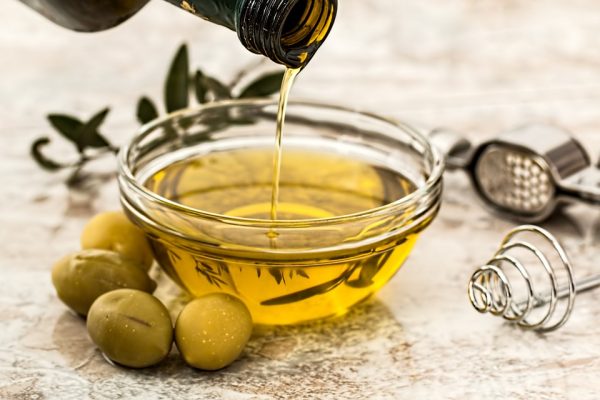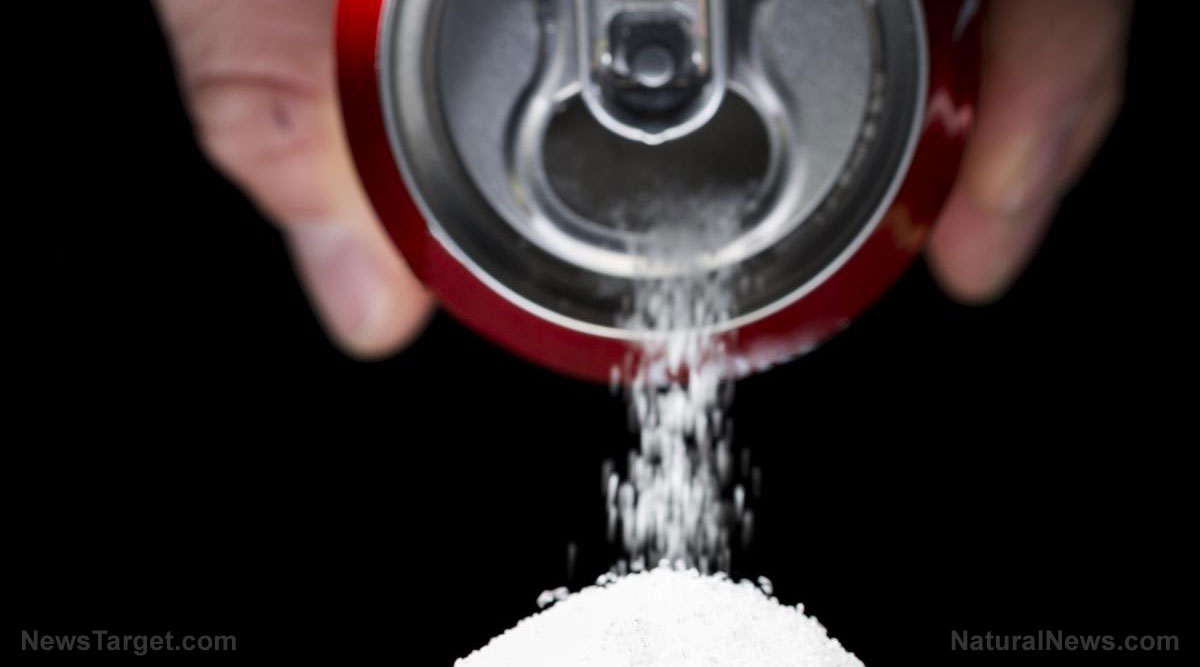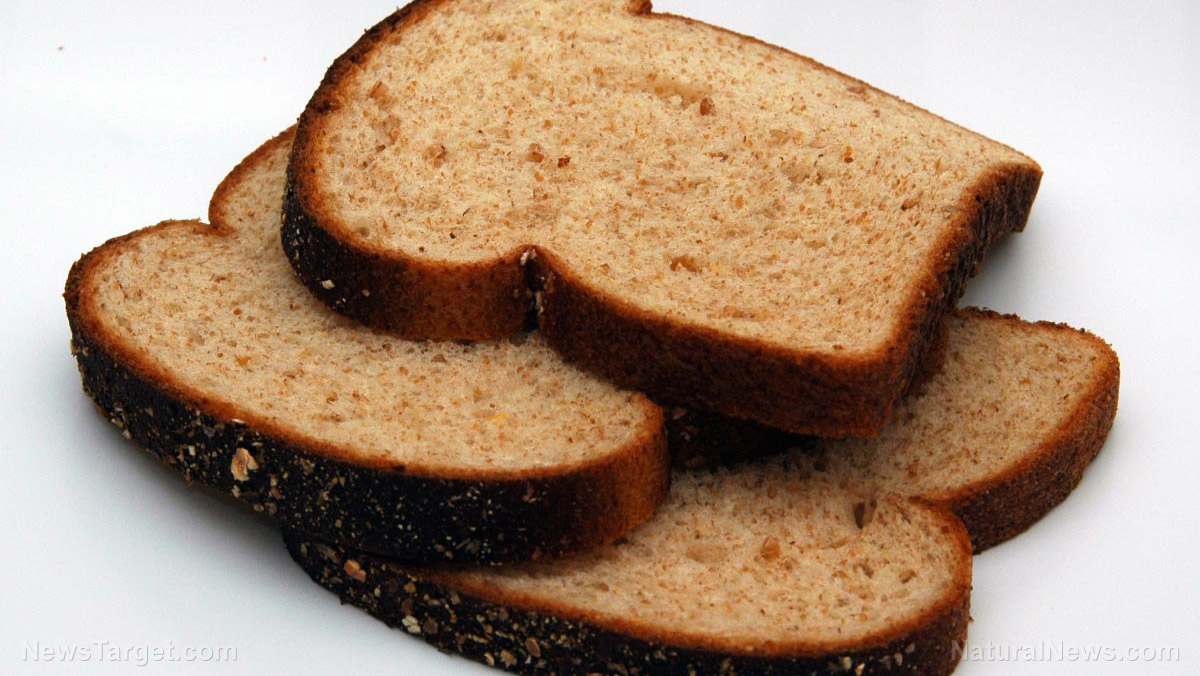Don’t eat food from China labeled “organic” … it’s frequently found to be contaminated
01/23/2017 / By Howard Roark

Can you trust Chinese food certified as organic? You cannot. The US Department of Agriculture allows inclusion of the organic label on foods that meet a certain standard of production and handling. And China has come up woefully lacking in these standards. Specific requirements may vary, but the USDA approved methods call for avoidance of synthetic fertilizer, pesticides, antibiotics, food additives, irradiation, the use of sewage sludge, and GMO’s.
China seems to have a lower cultural standard for business ethics. News accounts abound of dangerous Chinese products in the US marketplace. Examples include toxic lead paint on children’s toys, deadly melamine in pet food, and human feces used as fertilizer for rice and farmed fish. (RELATED: See more news about questionable food ingredients at Ingredients.news)
A minefield of quality
True Activist reports that the Chinese government has no system in place to determine what is organic, and that Chinese food exporters have taken to using the organic label as a means of circumventing US Customs inspections, “especially those foods that appear dirty or unusual.” The report also notes that “US Customs personnel often reject entire shipments of food from China due to the addition of dangerous and unsavory additives, the presence of drug residues, mislabeling, or the poor hygienic state of the food.”
“Even if ‘organically grown’ food from China was in fact that, the quality of the water used in the production of food intended for export is so contaminated that a person could fall ill just by handling it. Much of China’s industrial-scale agriculture is found along the Yellow and Yangtze Rivers, both of which are extremely polluted. This is because thousands upon thousands of Chinese factories also line these same rivers, adding their chemical waste to the same water used to irrigate the country’s food supply.” In a recent example of this behavior, a chemical plant along one of the tributaries of the Yangtze river was found to have dumped an excessive amount of ammonia into the water, and even after over 100 tons of dead fish were removed from the poisoned water, the water itself remained in use for many reasons, including agriculturally.
True Activist continues that the Chinese products to avoid, those most likely to be contaminated, are fish, chicken, apples, rice, mushrooms, green peas, black pepper, and garlic.
What’s in a name?
Mike Adams, the Health Ranger, stated in a previous Natural News scathing expose, that despite the USDA legal standard, which specifies the methods employed to produce the food, it still allows for any amount of toxins in the end product. In other words, if a chemical lab analysis were to find unacceptable levels of mercury, lead, cadmium, arsenic, aluminum, PCBs, BPA and other synthetic chemicals, then that is still acceptable under the organic label, as long as the grower did not add the “pesticides, herbicides, petroleum-based fertilizer, metals or synthetic chemicals to the crop.”
Mike continues, “the environment in which organic foods are produced is critical to the cleanliness of the final product.” China is a country almost entirely lacking in any environmental standards, and it is therefore a land incredibly polluted and ruinous. Regarding organic food grown in the US and Europe the word has integrity, and consistently is shown to contain less toxins than conventionally grown food. The Health Ranger makes clear the point “China is a culture of corruption, deception and exploitation.” Cheap foods from China end up on the shelves of American retailers such as Whole foods for no reason other than greater profits. The Health Ranger Store sells nothing from China except for Goji berries, which Mike Adams has tested and found to be clean. He further points out that the climate of dishonesty in China stands in contrast to the integrity of the organic label for food grown in the US and European nations such as Germany, The UK, and the Netherlands.
What can you do?
If you purchase organic food because you want to eat healthfully, you must be ever vigilant about the source. You can demand from your local retailer that the source country be listed for all organic products. Lamentably, Chinese agricultural commodities are at times sold to a buyer in a third country and when exported to the US, the country of origin is hidden. This would not matter if Chinese food exports were safe, but they are not. Consider growing your own organic garden, that you know is safe.
Read Metals.news to stay informed about toxic heavy metals in your food.
Sources:
Tagged Under: health, wake up america





